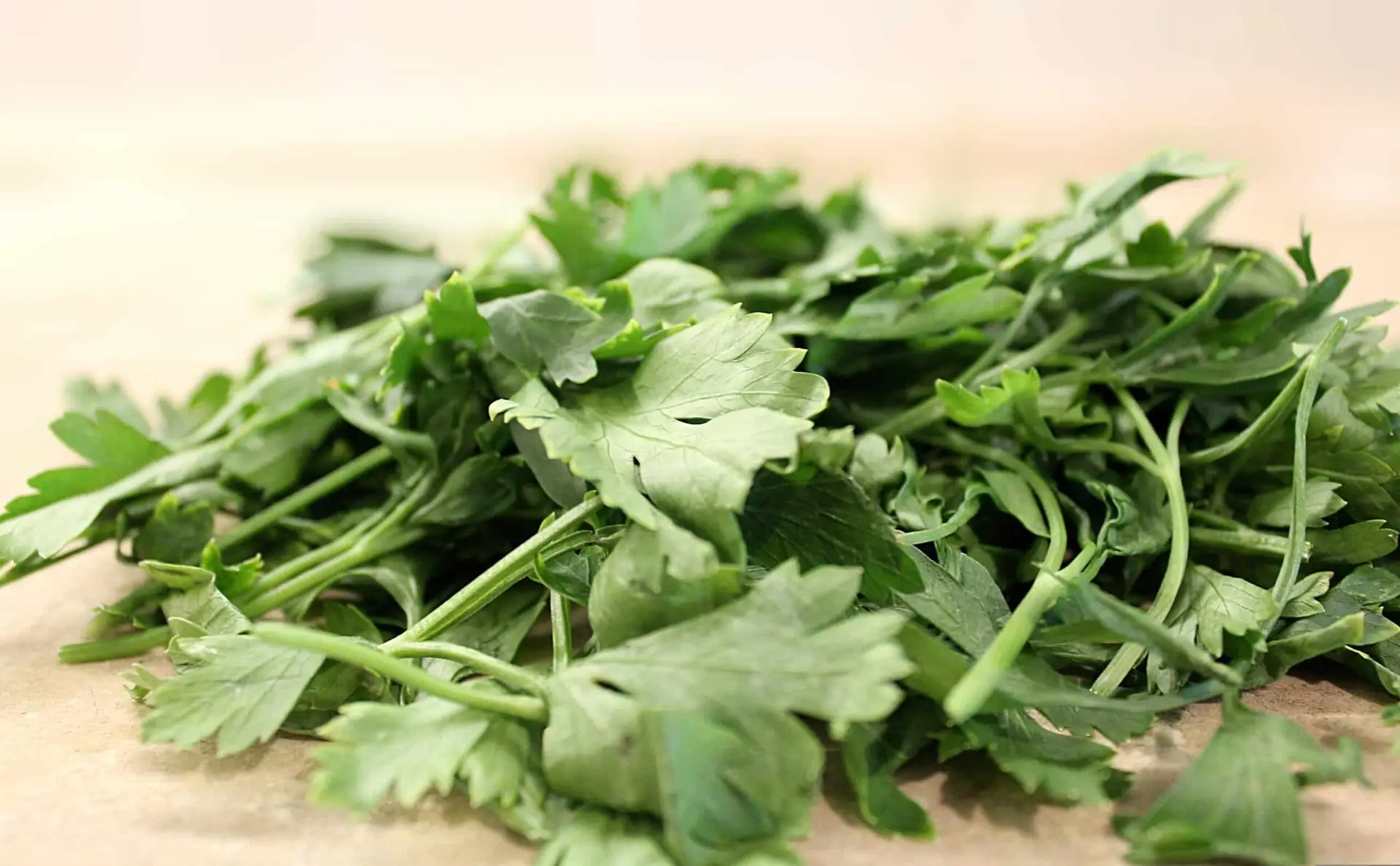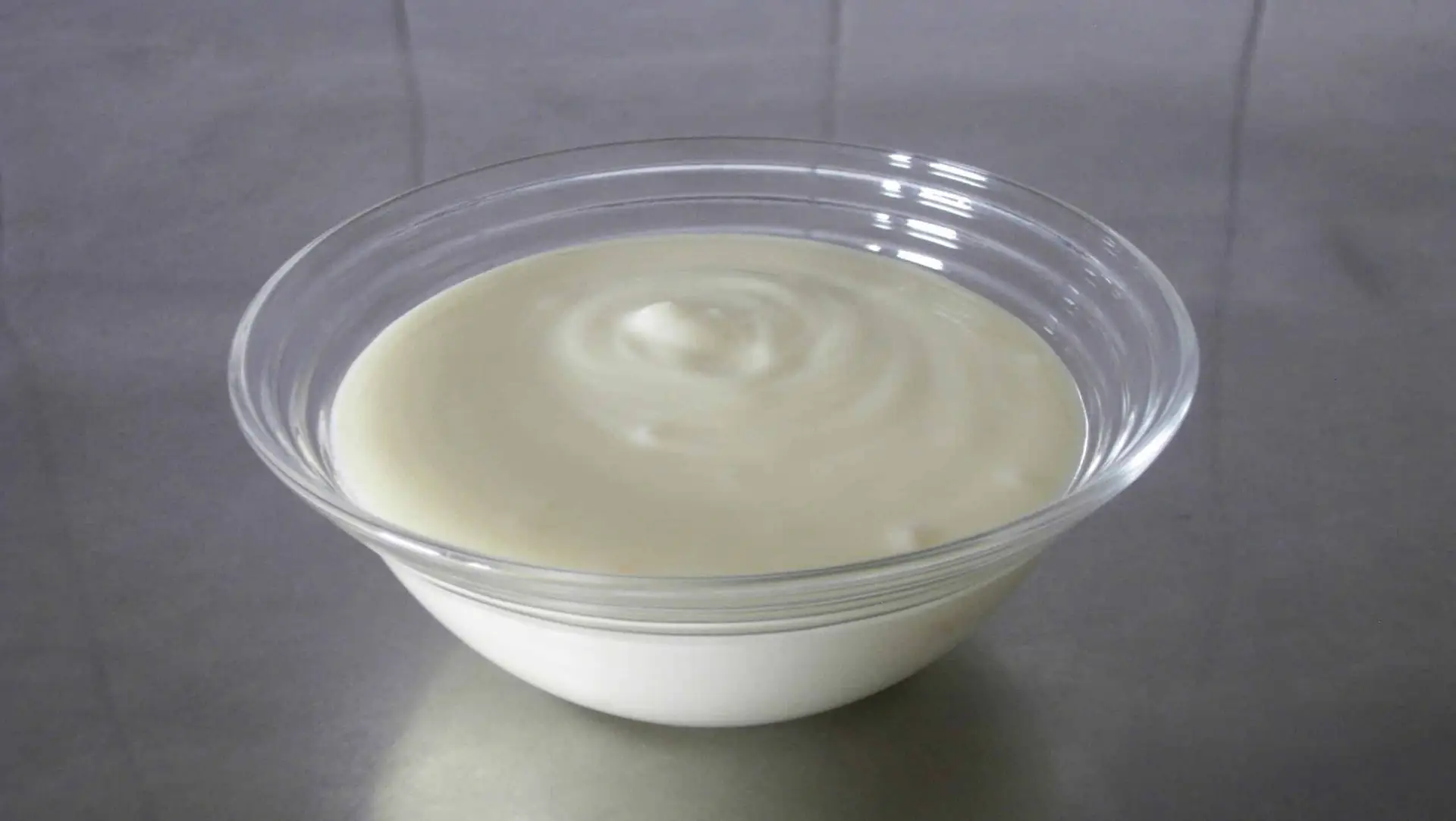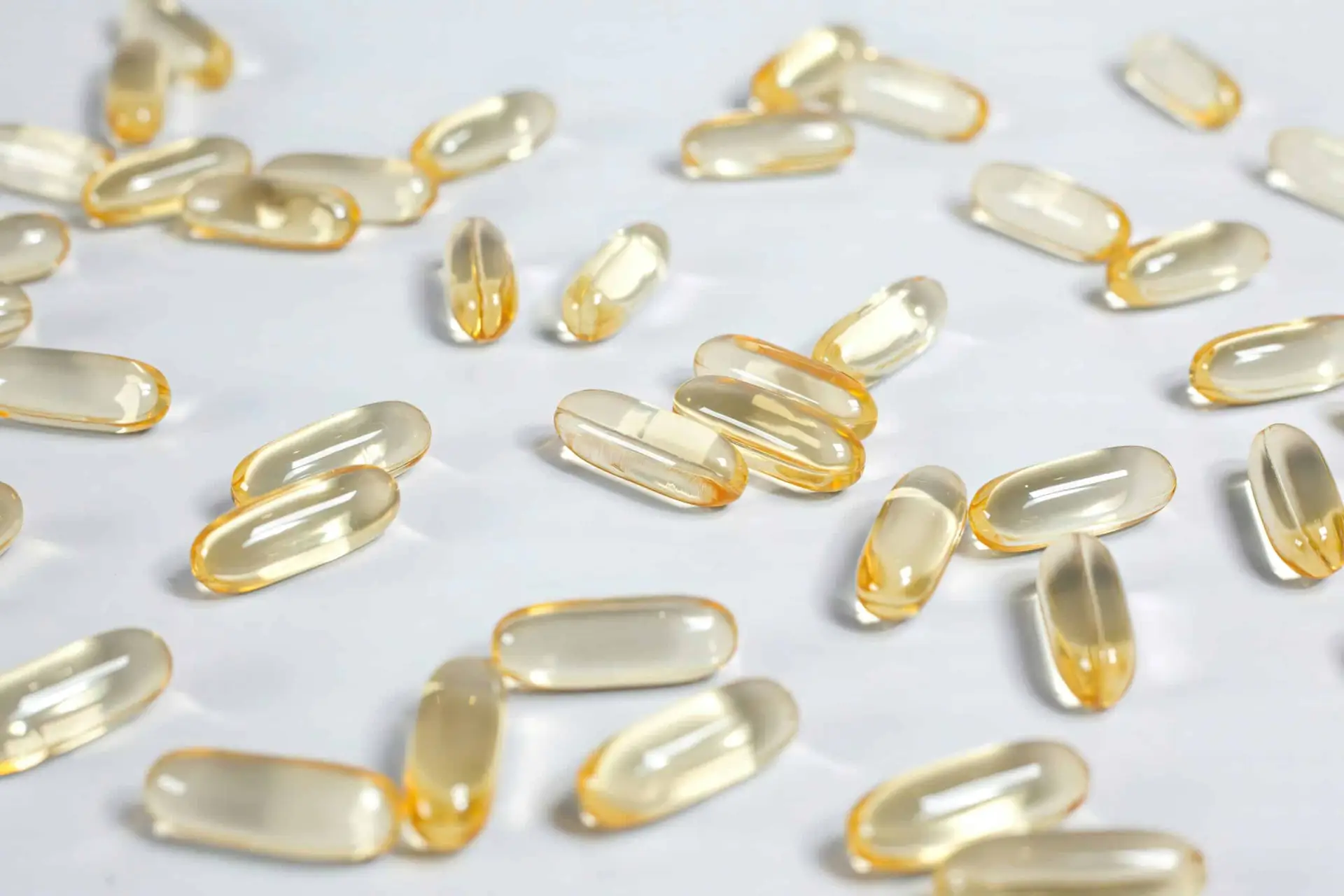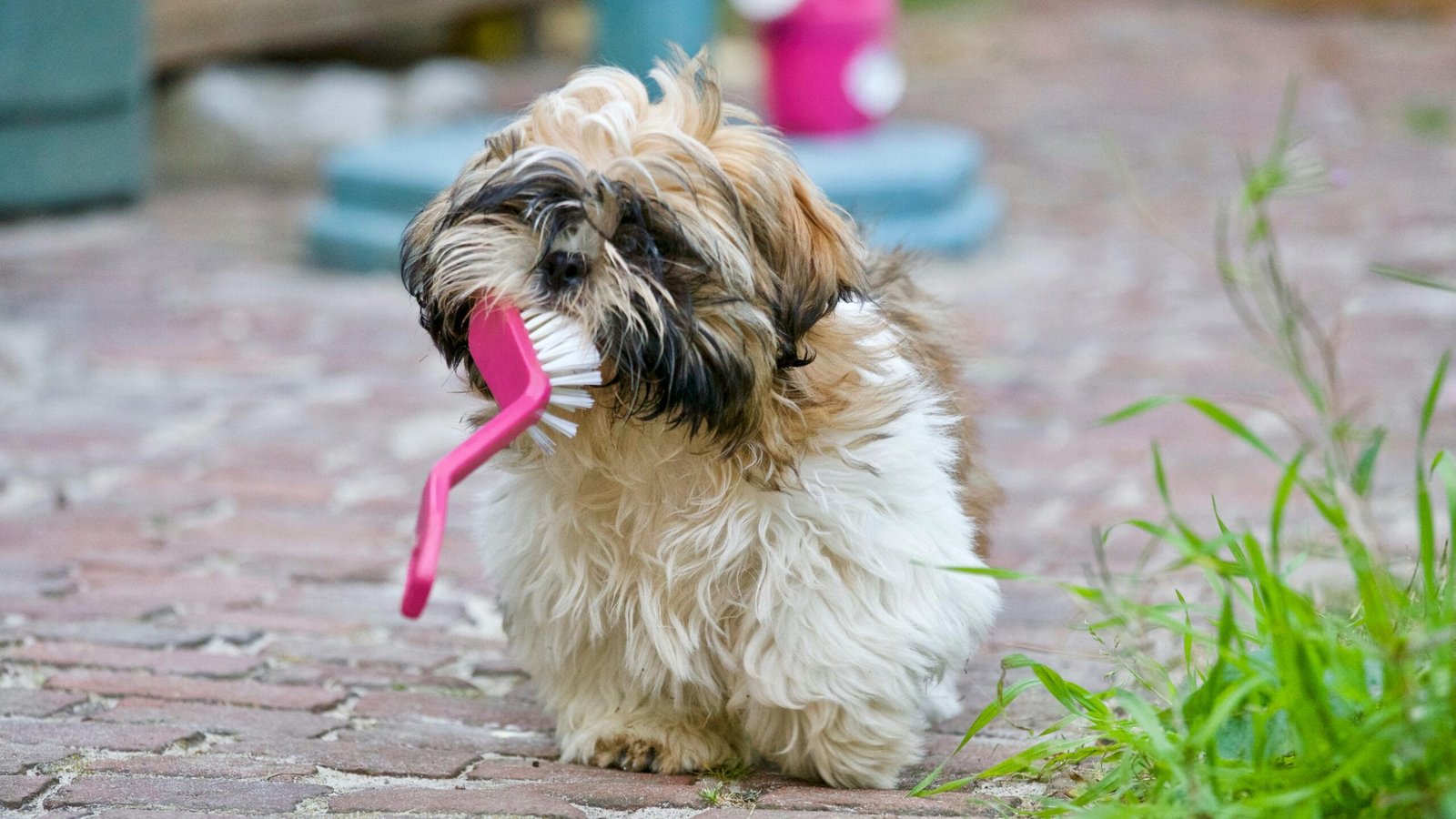Do you love to cuddle with your small dog? If you do, most likely you can relate to this. As your small adorable dog jumps up for a cuddle and leans toward you for a kiss, you’re hit with a blast of less-than-pleasant breath. I’m sure you know what I’m talking about. As much as we love our furry friends, dog breath isn’t always the most fragrant thing in the world. Phew! But do you know that what you feed your small dog can make a difference in how their breath smells? That is right! The right diet can help keep your small furry friend’s mouth clean and their breath fresh.
In this blog post, I’m going to talk about different types of foods that are not only good for your small dog’s overall health, but also can keep their breath smelling sweet. From crunchy snacks to special ingredients, these types of foods can keep your pup’s breath fresh and smell good. Let’s get started.
Disclosure: This post may contain affiliate links and I may receive a small commission if you purchase through them. There is no additional charge to you.
1. Crunchy Fruits and Vegetables
It is snack time for the little guy again, and he/she wants something crunchy to scrub those teeth clean! Crunchy fruits and veggies not only make excellent low-cal snacks for small dog breeds in particular, but all dogs benefit from their dental benefits. Chewing the crunchy texture will be scraping off itself into your teeth which can help you get rid of some bad breath even though.
- Carrots: Carrots are typically an all-time favorite for many dogs. They contain high levels of beta-carotene, which is to your dog what vitamin A is, and has an impact on vision as well as the immune system. Moreover, the great crunchiness of carrots can find a job in brushing their teeth and reduce plaque and tartar (both cause bad breath).
- Apples: Another good choice. Before giving them to your dog, you should also ensure that the seeds and core have been removed from these apples. Apples contain fiber which assists in self cleaning dogs teeth and the natural sweetness makes it a favorite for most pups. Apples are also high in Vitamin C, which is good for your gums.
- Cucumbers: With a high water content and little to no calories, cucumbers are the perfect cool snack for your small dog! The crunch acts as a tissue cleaner in that it cleans the teeth and if there are any remnants of leftover food on your gums, when you eat an apple or carrot with water (natural juice) they help clean off anything left over which can often lead to bad breath.
2. Fresh Herbs and Leafy Greens are Natural Breath Fixers

Herbs may not just be a pretty addition to your dinner plate; they can also provide many benefits for the health of small dogs and their breath. Fresh herbs like parsley and mint can add a healthy dose of fresh breath to your small dog, but also have other health promoting qualities. These herbs are not just known to be aromatic in nature, but are also rich sources of antioxidants and anti -inflammatory compounds.
The chlorophyll in the parsley acts as a natural deodorizer. It causes stinky breath to go away. Just like when you love to chew a minty gum. This is the same theory when giving fresh herbs to a small dog. Parsley can help reduce the bacteria in your small dog’s mouth that causes bad breath. Mint, on the other hand, is not only a reliable breath freshener but also aids in digestion. Its anti-inflammatory components can help soothe an upset stomach, making it a dual-purpose addition to their diet.
And it is easy and pleasant for a small dog to introduce these herbs into its diet. You can grind up the herbs and put them into his/her food.
But keep in mind the safety and amount of refreshing herbs to give your dog. The safe dosage of parsley or mint for small dogs would be less than a teaspoon per meal. Eating too many of these herbs can cause digestive upset or other health problems. Keep everything in moderation and remember to observe how your dog reacts, then increase the amount over time if necessary.
3. Yogurt for a Probiotic Boost

Yogurt, especially plain yogurt with zero sugar can help your little dog in many ways, from health to good breath. One of the key advantages of yogurt is its high probiotic content. Probiotics are beneficial bacteria that help balance the gut microbiome and promote healthy digestion.
In small dogs, digestive health is intimately related to general well-being and sometimes a bad breath odor is due to an alteration of the germs (bacteria) located in between your dog mouth. Because of this, feeding your dog yogurt is a great way to naturally reduce the risk of bad breath by promoting good gut-health.
Yogurt can also help strengthen the immune system of a dog. The live cultures in yogurt can help keep bad bacteria at bay, not only the gut but also in our mouth. This can reduce bacteria buildup and lead to plaque, tartar, and bad breath. Yogurt is a simple, natural method for maintaining healthy tooth enamel and fresh breath in small breeds as long as you provide the best amount.
4. Coconut Oil for Oral Health
In recent years, coconut oil has become popular as a health supplement for people and pets. For dogs, coconut oil is especially good for their oral health. The main benefit of coconut oil is its medium-chain fatty acids that can work as an antibacterial and antimicrobial agent in the body to fight off infectious agents like bacteria and viruses alike.
When added to the diet or used on teeth directly, coconut oil kills some of the bacteria in your dog’s mouth that would otherwise turn into plaque and cause funky breath. Not only does this freshen your dog’s breath, but it also helps promote good oral hygiene.
For example, you can mix in a little bit of coconut oil with your dog’s food or use it as toothpaste that you apply directly to his/her teeth. Not to mention, a lot of dogs enjoy it as it can provide fresher breath along with general well-being.
- Coconut Oil for Dogs – Certified Organic & Virgin Superfood Supplement – Digestive & Immune Support – 16 OZ
- Raw Paws Organic Virgin Coconut Oil for Dogs & Cats, 8-oz – Supports Immune System, Digestion, Oral Health, Thyroid – All Natural Allergy Relief for Dogs – Hairball Relief
5. Raw Bones and Dental Chews
For small dogs, chew raw bones or special dental chews can be an incredibly useful way to maintain your pet’s oral health and freshen up their breath. Chewing helps tearing the plaque and Tartar (responsible for Bad Breath) which is typically accumulated between gums.
- Raw bones: These are ok to chew on, particularly beef or lamb and help scrape plaque from the teeth. Avoid cooked bones, as they can splinter and damage your pup’s digestive tract. As with all chew bones, make sure you are on hand to monitor your dog while he chews his toy or treat. Chewing is a natural instinct that can provide comfort and relieve stress..
- Dental Chews: There are many brands of dental chews out on the market that not only clean your pet’s teeth but keep his breath smelling great. Most chews also have a ridged surface that can clean the teeth while your dog gnaws on it. Make sure to search for chews suitable both in terms of taste and size to prevent the choking hazards.
- Minties Dental Chews for Dogs, 40 Count, Vet-Recommended Mint-Flavored Dental Treats for Tiny/Small Dogs 5-24 lbs, Dental Bones Clean Teeth, Fight Bad Breath, and Removes Plaque and Tartar
- Zesty Paws Dental Bones – Fights Tartar & Plaque – Gum, Teeth & Bone Health – Cinnamon for Dog Breath – Immune, Joint, Gut, Skin & Coat Support – Omega 3 EPA & DHA and Calcium – Small Dogs – 78 ct…
6. Dog Food and Snacks by Type
There are special dog foods and treats designed to help with dental health (and make your pup less likely to have stinky breath). Ingredients such as chlorophyll along with parsley or mint, which help make breath fresher are usually found in these products.
- Dental Diets: A few brands provide dental diets which feature larger kibble sizes that are meant to be chewed and scrub the teeth as your dog eats. Some of these foods may even contain additional ingredients like calcium to strengthen teeth and decrease the accumulation of plaque.
- Breath-freshening treats: Many dog treats are advertised to freshen breath. These treats frequently combine parsley or mint for natural breath freshening and are designed to clean teeth as your dog chews. Just be sure to choose treats that are appropriate for your small dog’s size and dietary needs.
- Hill’s Science Diet Oral Care, Adult 1-6, Small & Mini Breeds Plaque & Tartar Buildup Support, Dry Dog Food, Chicken, Rice, & Barley, 4 lb Bag
- PEDIGREE DENTASTIX Toy/Small Dog Dental Treats Original Flavor Dental Bones, 1.68 lb. Value Pack (108 Treats)
7. LOW-CALORIE SNACK: Green Beans
Another great snack for your dog is green beans, especially if he/she needs to watch his/her weight. They are low in calories but rich in fiber and vitamins as well. The fiber content helps to clean the teeth while your dog is chewing and at the same time, vitamins do good for health.
Green beans can be given fresh or cooked by steaming frozen as a crunchy treat. It is a great option for adding some additional flavor to your dog’s diet while also boasting refreshing their breath, many pooches enjoy the feel of it as well.
8. Carrots and Sweet Potatoes
Small dogs enjoy the benefits of raw carrots and sweet potatoes by providing good dental care. These vegetables contain vitamins and minerals, good for health. Raw carrots are a bit more abrasive in nature. They help physically clean plaque off the teeth, reducing halitosis potential. Sweet potatoes are mushier, but also fibrous enough to clean our gums as we eat.
These make great vegetables for your dog to occasionally eat or slice and put in with another meal. Not only are they packed with nutrients that contribute positively to your dog’s health, but also work towards keeping their breath minty fresh!
9. Pumpkin: A Digestive Aid
Pumpkin is recommended for dogs with digestive problems, but it’s also good for freshening your dog’s breath. Poor digestion can lead to bad breath, so adding a spoonful of pumpkin to your dog’s food can help regulate their digestive system. Pumpkin is high in fiber, and a healthy digestive tract can actually contribute to better-smelling dog breath.
Just make sure you use plain, canned pumpkin (not sugar or spices). This is a simple method that you are able to do to boost their overall health and help ensure that they have better breath.
10. Water: The Unsung Hero
Water is important to help keep your tiny dog’s breath fresh. If you are dehydrated, your mouth is not producing as much saliva which naturally helps to clean debris and bacteria from the interior of your tongue. But when there isn’t enough water, bacteria in your dog’s mouth can start to build up leading to bad breath.
Make sure that your dog always has plenty of fresh and clean water. You might also want to think about adding in water-based breath fresheners and other dental health products. You mix these additives into your dog’s water, and they work to counteract the accumulation of plaque or tartar in their mouth (which can help improve breath).
11. Blueberries are a Superfood for the Teeth
Bite-sized fresh berries like blueberries will add a powerful punch of flavor, and they can also do wonders for your little dog’s health, including breath. Blueberries are full of antioxidants to protect against oxidative stress, reduce inflammation and benefit your dog’s overall oral health.
Blueberries can help reduce inflammation in the gums which may prevent increased accumulation of plaque and tartar, common causes for bad breath in dogs. Blueberries have natural antibacterial properties that can lower the levels of non beneficial bacteria in your dog’s mouth, which means better breath.
But apart from better breath, blueberries are packed with vitamin C and K as well fiber among other crucial nutrients that boost your dog’s immune system and health. Its high fiber content can help to improve digestion, which is important because bad breath is usually directly related to poor digestion.
In addition to the taste, you provide your tiny dog with a natural wholesome solution for better oral health and overall fresher breath by simply giving them blueberries as part of their treat-split meal pairings.
12. Omega-3 ( Fish Oil) For The Breath Of Fresh turnover

Fish oil is not only good for a dog’s coat and skin, it can also contribute to a good fresh breath. The omega-3 fatty acids in fish oil assist in reducing the inflammation of the gums. This can help decrease the development of plaque and tartar.
Adding fish oil to your dog’s food is possible. However, you should avoid giving a lot than the recommended dosage. The oral health of your dog will be more enhanced.
- BARK&SPARK Omega 3 for Dogs – 180 Fish Oil Treats for Dog Shedding, Skin Allergy, Itch Relief, Hot Spots Treatment – Joint Health – Skin and Coat Supplement – EPA & DHA Fatty Acids – Salmon Oil
- Zesty Paws Omega 3 Alaskan Fish Oil Chew Treats for Dogs – with AlaskOmega for EPA & DHA Fatty Acids – Hip & Joint Support + Skin & Coat Chicken Flavor (90 Soft Chews)
Conclusion
Maintaining fresh breath for your small dog doesn’t have to be a constant battle. By incorporating the right foods into their diet, you can significantly reduce bad breath and improve their overall oral health. Crunchy fruits and vegetables, herbs like parsley, probiotic-rich yogurt, and nutrient-packed options like blueberries and fish oil all play a role in keeping your dog’s breath smelling sweet.
Remember, while diet is important, it’s also crucial to maintain a regular dental care routine for your dog. Brushing their teeth, providing dental chews, and scheduling regular vet check-ups are all key components in keeping their mouth healthy and their breath fresh. With a little effort and the right foods, you can enjoy all the snuggles and kisses from your small dog.








